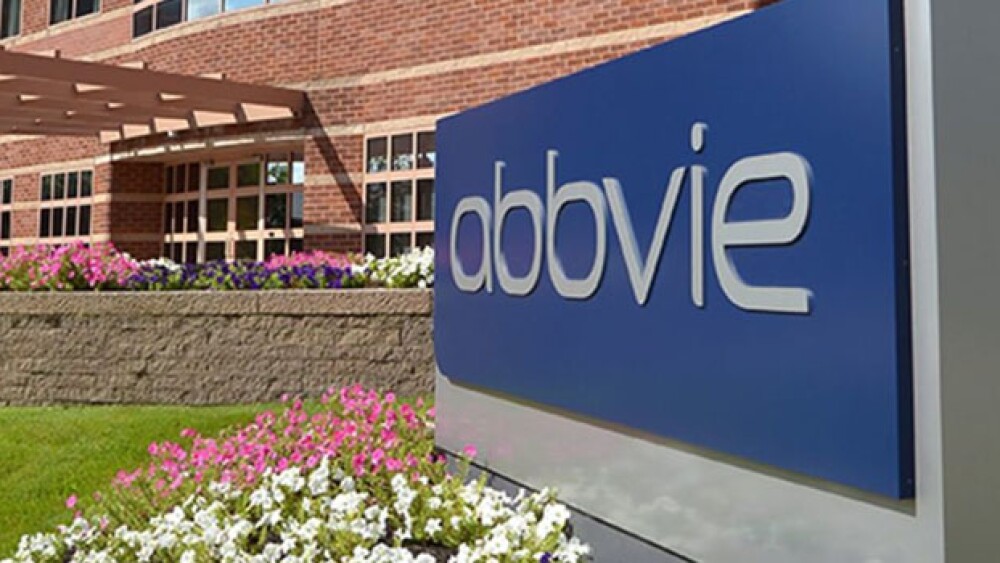AbbVie closed out 2018 by striking a nearly $1 billion licensing deal for India-based Lupin Limited’s MALT1 (Mucosa-Associated Lymphoid Tissue Lymphoma Translocation Protein 1) inhibitor program.
AbbVie closed out 2018 by striking a nearly $1 billion licensing deal for India-based Lupin Ltd.’s MALT1 (Mucosa-Associated Lymphoid Tissue Lymphoma Translocation Protein 1) inhibitor program.
Illinois-based AbbVie gained the exclusive rights to develop and commercialize the Indian company’s MALT1 inhibitors. MALT-1 is a protein involved in T-cell and B-cell lymphocyte activation and AbbVie intends to pursue development across a range of hematological cancers, many with limited current treatment options.
Tom Hudson, head of discovery at AbbVie, said that Lupin’s MALT1 program is “exploring a new and innovative approach” in targeting cancers that have historically been difficult to treat, Hudson said that AbbVie is committed to pursuing new treatment options for patients and looks forward to “partnering our expertise in hematological oncology with Lupin’s discovery program to offer new hope to patients.”
Under terms of the deal, AbbVie will provide Lupin with a $30 million upfront payment. The Indian company stands to earn milestone payments of up to $947 million as AbbVie moves the product through development. Additionally, Lupin stands to receive a double-digit royalty on the sales of the product. Lupin will retain commercial rights to the program in India.
The deal cements AbbVie’s moves into oncology as the company is looking to develop other strong pipeline drivers behind its lead product, Humira. In 2017, Humira generated more than $18 billion for AbbVie, the majority of the company’s revenue. Humira is beginning to face a number of rival products though, which is behind the company’s move into other therapeutic arenas.
Lupin, which has largely been known as a generics drugmaker, developed the MALT1 program through its Novel Drug Discovery and Development program. The company’s NDDD team is focused on building a pipeline of highly differentiated and innovative new chemical entities in the therapeutic areas of Oncology, Immunology and Metabolic disorders.
Nilesh Gupta, managing director of Lupin Limited, touted the deal with AbbVie as an example of his company’s commitment to developing novel treatments. Gupta said Lupin has a commitment to delivering high-quality medicines to areas that “lack approved treatment and have a dire medical need.” He noted that AbbVie has a “proven success in rapidly commercializing new targeted oncology treatments,” which made the company its “partner of choice” for the MALT1 program.
For AbbVie, the deal for Lupin’s hematological program comes shortly after the company, along with its development partner Genentech, snagged accelerated approval of Venclexta for the treatment of newly-diagnosed acute myeloid leukemia (AML) in adults who are age 75 years or older or who cannot tolerate intensive chemotherapy. Venclexta will be going head-to-head with Pfizer’s Daurismo (glasdegib), a once-daily oral treatment for the same population that was approved a week before Venclexta.





